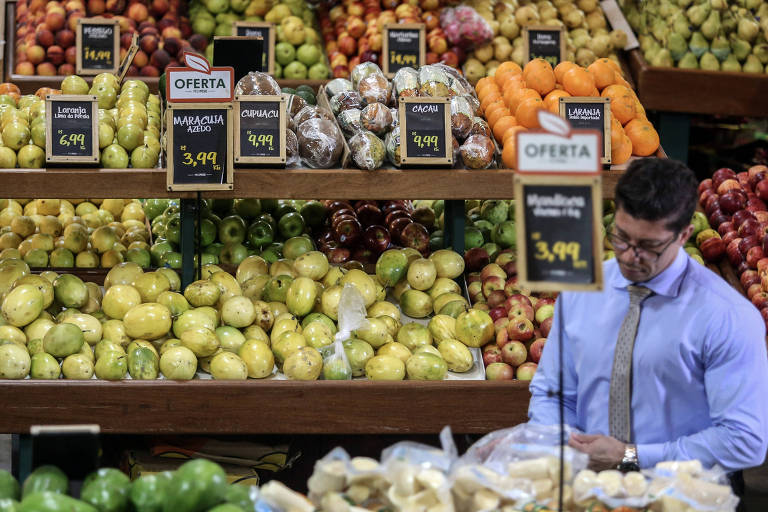SÃO PAULO - President Michel Temer's office term will end with an unprecedented low growth cycle. If the current rate is kept, it's possible to say that Brazil is at the moment going through its worst economic performance in a 10-year period, since the last century.
Fernando Montero, the chief economist of brokerage firm Tullett Prebon, estimated that Brazil's GDP (Gross Domestic Product) average growth between 2011 and 2020 will be less than 1%, leading to a stagnation in per capita income.
If this becomes reality, it will be a new "lost decade", an expression Brazilian history books use to refer to the 1980s.
During that period, the Brazilian economy was going through hyperinflation and fiscal chaos. GDP grew on average 1.6% per year, above the predictions for the current decade, while the per capita income shrunk 0.4% annually.
Montero's forecast is based on official data for 2017 and previous years from government sources, such as Ipea (Institute of Applied Economic Research) and IBGE (Brazilian Institute of Geography and Statistics) and in projections from the Brazilian Central Bank for 2018 and the next two years.
"We are living an unprecedented moment in Brazilian history: an economic catastrophe," said David Kupfer, professor of Economics at UFRJ (Federal University of Rio de Janeiro).
This negligible growth results from the deep recession between 2014 and 2016 and Brazil's failure to kickstart the economy back since then.
In 2017, the GDP grew only 1%. For 2018, economists expect an increase of 1.47%. There is some hope of an acceleration in the next two years, but the rate would still be low, close to 2.5%.
The only way the current decade could perform slightly better than the 1980s would be if the GDP grew at a much more vigorous rate, around 6%, Right this, this seems an impossible feat.
Translated by NATASHA MADOV
Read the article in the original language
